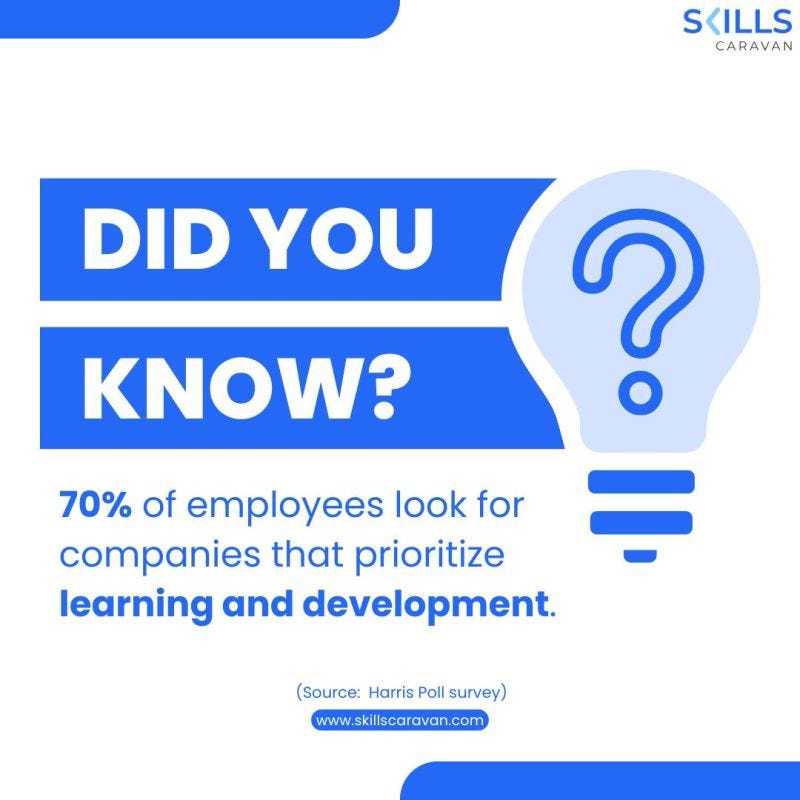Why is an Enterprise Learning Management System Essential for Remote Workforce Training?
The rise of remote work has reshaped the global business landscape. As organizations adapt to distributed teams, the importance of streamlined, efficient, and impactful training has never been more critical. This is where an Enterprise Learning Management System (LMS) becomes indispensable, especially for successful remote workforce training.

The Shift to Remote Work: A New Era of Training Challenges
With hybrid and remote models becoming the norm, companies face unique challenges in upskilling employees who are no longer co-located. Traditional in-person training methods are not only impractical but often ineffective for geographically dispersed teams. Moreover, a lack of centralized training management can lead to inconsistencies, knowledge gaps, and reduced employee engagement.
This is where remote workforce training becomes a strategic priority. To ensure productivity and alignment, companies must provide structured, accessible, and continuous learning opportunities. An Enterprise Learning Management System offers the foundation to achieve this.
What Is an Enterprise Learning Management System?
An Enterprise LMS is a comprehensive platform designed to manage, deliver, and track employee learning and development at scale. Unlike basic LMS tools used by small teams or educational institutions, enterprise-grade systems are robust, scalable, and often include features such as:
- Multi-format content delivery (videos, documents, interactive modules)
- Integration with HR systems and collaboration tools
- Custom learning paths and role-based access
- Real-time tracking, analytics, and reporting
- Gamification and engagement tools
These features make enterprise LMS solutions the backbone of effective remote workforce training programs.
1. Centralized Learning for a Decentralized Workforce
In remote settings, learners can be spread across different time zones, countries, or even continents. An enterprise LMS allows organizations to deliver uniform training content to all employees regardless of location. This ensures consistency in messaging, compliance, and skills development.
For remote workforce training, consistency is key. Without a centralized system, there’s a high risk of fragmented learning experiences, making it harder to assess knowledge retention or training effectiveness.
2. Accessibility and Flexibility
An Enterprise LMS provides on-demand access to training materials, which is crucial for remote employees who work at different hours or in various locations. Employees can access training at their own pace, allowing for greater flexibility while ensuring continuity in learning.
For instance, a remote customer service team can revisit soft-skills modules or product updates whenever necessary, ensuring they remain effective in their roles.
3. Personalized Learning Paths
Not every remote employee needs the same training. Some may need onboarding modules, while others require leadership development or compliance certification. An Enterprise LMS allows administrators to assign learning paths based on roles, departments, or career goals.
This customization enhances the relevance and impact of remote workforce training, increasing employee engagement and knowledge retention.
4. Real-Time Tracking and Reporting
Monitoring learning progress becomes more difficult without face-to-face interaction. An enterprise LMS resolves this with built-in analytics and reporting tools that track:
- Course completion rates
- Assessment scores
- User engagement levels
- Time spent on modules
Managers can use these insights to identify knowledge gaps, intervene proactively, and continuously improve their remote workforce training programs.
5. Seamless Integration with Remote Tools
Modern enterprise LMS platforms integrate with video conferencing, communication platforms (like Slack, Teams), HR systems, and project management tools. These integrations create a seamless learning environment, allowing employees to switch from work tasks to training without disrupting their flow.
This frictionless experience increases training participation and makes remote workforce training a natural part of the workday.
6. Scalability for Growing Teams
As companies expand and hire talent remotely, onboarding and training can become overwhelming. Enterprise LMS solutions are designed to scale effortlessly, making it easy to onboard hundreds (or thousands) of new hires with automated workflows and consistent content.
By standardizing remote workforce training, companies can maintain quality and efficiency as they scale globally.
7. Compliance and Certification
In regulated industries like finance, healthcare, or manufacturing, compliance training is non-negotiable. An Enterprise LMS can automate the delivery and tracking of compliance modules, ensuring that remote workers stay certified and up to date.
Automated reminders, certificates, and compliance dashboards reduce administrative burdens and ensure regulatory requirements are met across all locations.
8. Improved Employee Engagement and Retention
Remote employees often feel isolated or disconnected from the larger organization. An LMS with built-in engagement tools — like leaderboards, quizzes, feedback forms, and certifications — can make training interactive and rewarding.
Effective remote workforce training not only enhances skills but also reinforces company culture, builds confidence, and boosts employee morale — ultimately reducing turnover.
9. Data-Driven Decision Making
One of the biggest advantages of an enterprise LMS is the ability to make informed decisions. Analytics can highlight high-performing employees, predict future training needs, and even correlate training outcomes with performance metrics.
For HR and L&D leaders, these insights are crucial in demonstrating ROI and aligning remote workforce training with business goals.
10. Future-Proofing Your Organization
Technology, compliance requirements, and customer expectations are evolving rapidly. A static workforce will struggle to keep up. Organizations that invest in continuous learning via a robust enterprise LMS position themselves to adapt, compete, and thrive in changing environments.
With remote workforce training powered by an enterprise LMS, businesses are better equipped to respond to change, close skills gaps, and build agile teams.
Conclusion
In a world where remote work is becoming the default rather than the exception, training systems must evolve accordingly. An Enterprise Learning Management System is not just a luxury — it’s a necessity for managing, delivering, and optimizing remote workforce training.
From scalable onboarding to compliance assurance and personalized learning paths, an enterprise LMS ensures that your remote teams remain competent, confident, and connected. As the workforce becomes increasingly decentralized, organizations that invest in the right training infrastructure will be the ones that lead with innovation and resilience.
Comments
Post a Comment